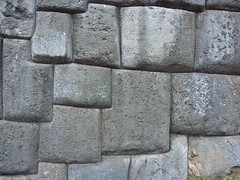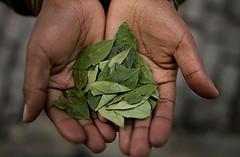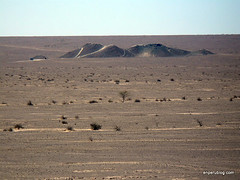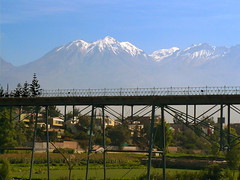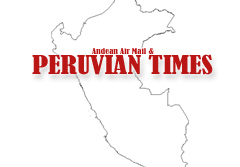¡Pisco es Perú! – That’s Pisco Peruano…
WIPO, the World Intellectual Property Organization, charged with protecting intellectual property around the world, has handed over Peru’s intellectual property to the Chileans. They have again agreed that the 476 year old Peruvian grape brandy called Pisco was invented by, and all rights to the name are owned by, the 465 year old Chilean nation.
When the Spanish arrived in this part of the Americas, and before many had even gone as far south as what is now Chile, the settlers brought with them grapes, which they planted in the southern-central regions of Peru, namely near the town of Pisco – hmm what a coincidence.
Grape produce that was not of high enough quality for wine was distilled into grape brandy. This grape brandy grew in popularity among locals and sailors, who named it after the place from which it was acquired; Pisco. These sailors and locals were really the only consumers as the Spanish didn’t really consider it as “fine” as wine. Nothing further happened in the history of Pisco until after latin american independence.
In the 1800’s Peru and Bolivia formed a friendship and alliance, and started to exploit newly discovered mineral wealth in the Atacama with Chilean labour. Bolivia wasn’t very pleased with the low level of tax agreed with the Chilean mining companies before the actual high value of the mineral wealth was realised. So Bolivia decided to raise the extraction tax to match the new global prices. Having to pay a fairer rate of tax hit the value of the Chilean companies, which were all owned by the political elite of Chile. The financial cost of paying taxes coupled with the distrust of an alliance to the north was a worry to Chile. For this Chile decided a full scale invasion and annihilation of the two countries was in order; it wanted the mineral wealth and it preferred weaker and poorer neighbours. During this War of the Pacific they seized all of Bolivia’s coastline and mineral wealth leaving it landlocked and desperately poor. It also seized the southern area of Peru and occupied the country. During this time they learnt to copy some of the Peruvian Pisco-making techniques. Production spread across Chile as they found a market for this “Chilean” product overseas (along with “Chilean” nitrates)
Chile now produces a lesser quality Pisco and exports it across the world in much greater quantities than Peru. For this they claim the Pisco name, and due to WIPO ignorance are granted it. The Peruvians protested this, arguing their point using the facts of history. A worried Chilean President in 1939 saw this arguement to be quite effective, so decided to rename La Unión, a small town near La Serena, to Pisco Elqui, and claimed it as the origin of the Pisco name. Unfortunately, across most of the world, if you ask for Pisco, you will be handed the inferior Chilean copy.
Tags: bolivia, chile, la serena, pisco, pisco elqui, theft, war of the pacific, wipo



